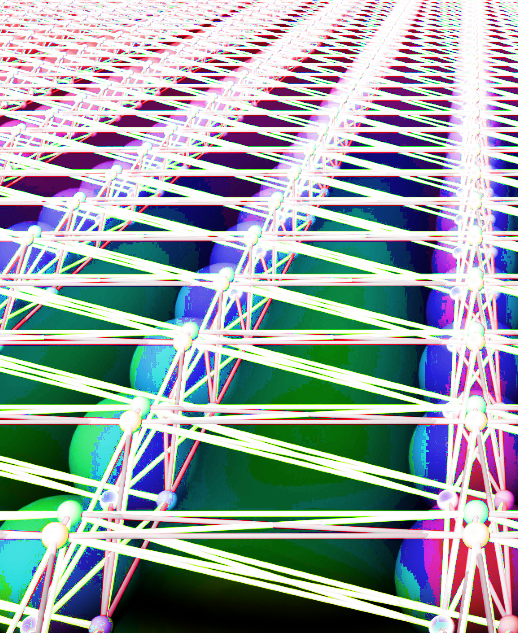Locals trim quantum noise
 Australian experts are looking for ways to improve quantum computing for commercial activities.
Australian experts are looking for ways to improve quantum computing for commercial activities.
A joint research venture between the Monash University School of Physics and Astronomy and the University Melbourne School of Physics is investigating the commercial integration of cutting-edge research in quantum computing.
It is predicted that just reducing the ‘noise’ of the computers will help open up new opportunities.
Dr Kavan Modi from Monash says that a major problem standing in the way of developing quantum computers is complex and correlated noise – often referred to as ‘non-Markovian’ noise.
“It has been a formidable challenge to mitigate or even characterise such noise and remains a central obstacle in the way of building fault-tolerant quantum computers,” says Dr Modi.
“The current state-of-the-art methods ignore the temporally correlated noise, in part because of a formal theory for dealing with temporal correlation has been missing.
“Our research group has developed theoretical tools over the past five years to deal with such noise.
“We teamed up with researchers from the University of Melbourne to apply these methods to IBM's quantum computers.
“Our research paper shows that these methods lead to a high-precision characterisation of the correlated noise, which we then use enhance the performance of the computer.”
Dr Modi said the tools developed over the past five years may play a role in enhancing the performance of the next generation of quantum computers.
Quantum computers are inherently open systems as they unavoidably interact with the surrounding environment and as a result, suffer from noisy dynamics.
Even modest size quantum computers suffer from such complex noise and it is detrimental to the performance of the computer.
“Complex noise is a primary obstacle that keeps large-scale quantum computers out of reach,” Dr Modi said.
“Therefore faithful characterisation of noise is an urgent need and is the first step towards the development of methods for mitigation of noise.”
The experts say real benefits will come from their work to explore time-correlated complex quantum processes.
“Noise characterisation and mitigation should have commercial value and benefit research groups working to develop quantum technologies, both in Australia and internationally,” Dr Modi said.








 Print
Print